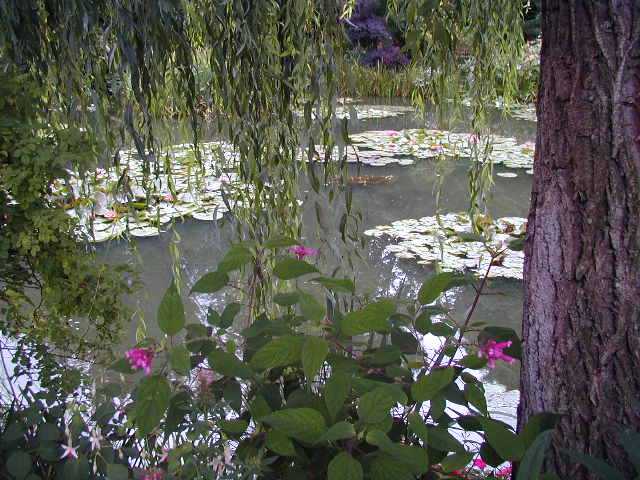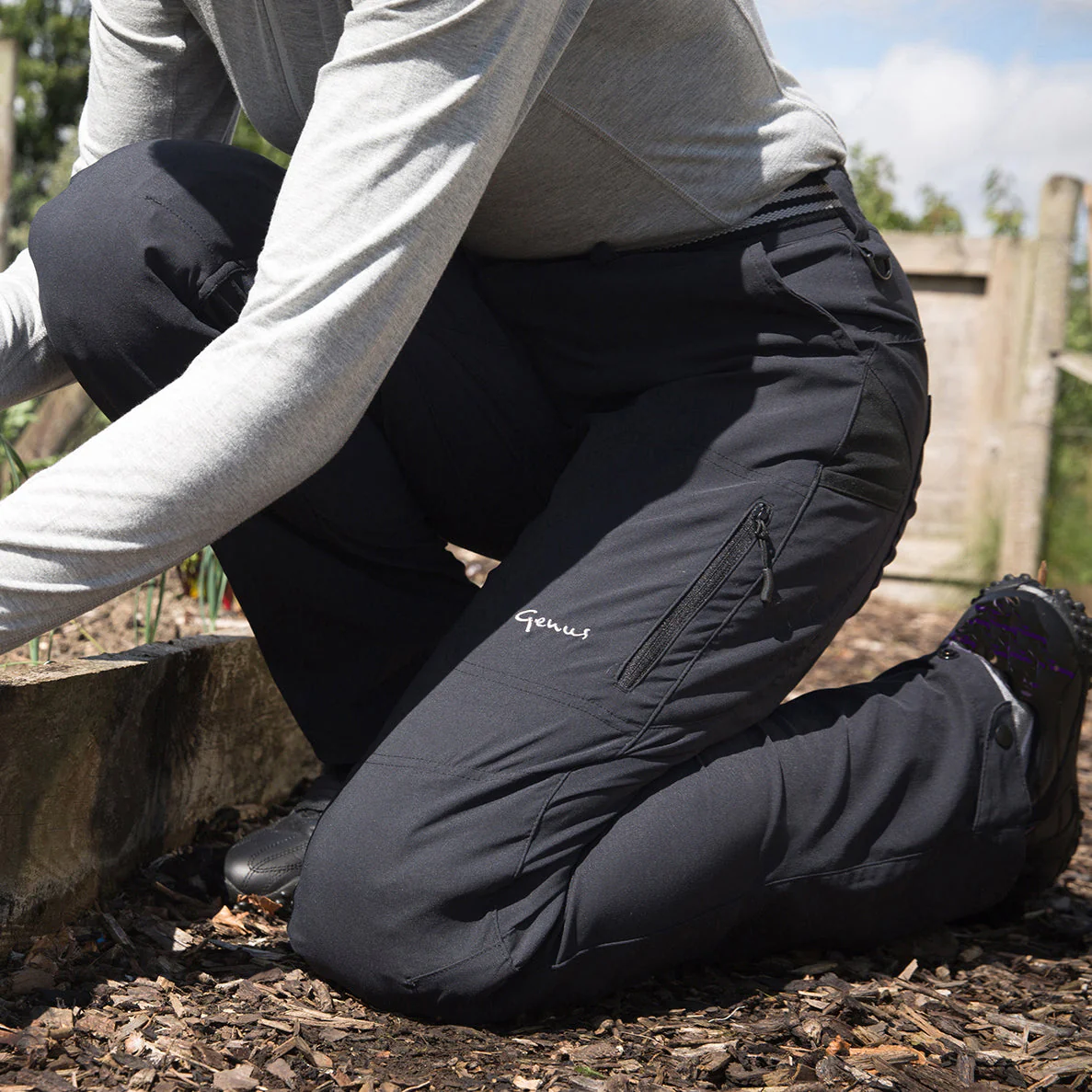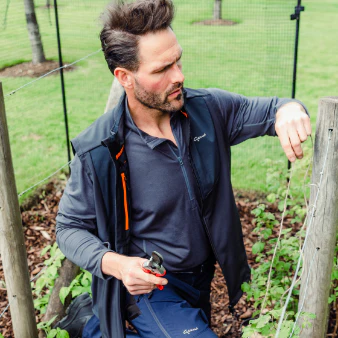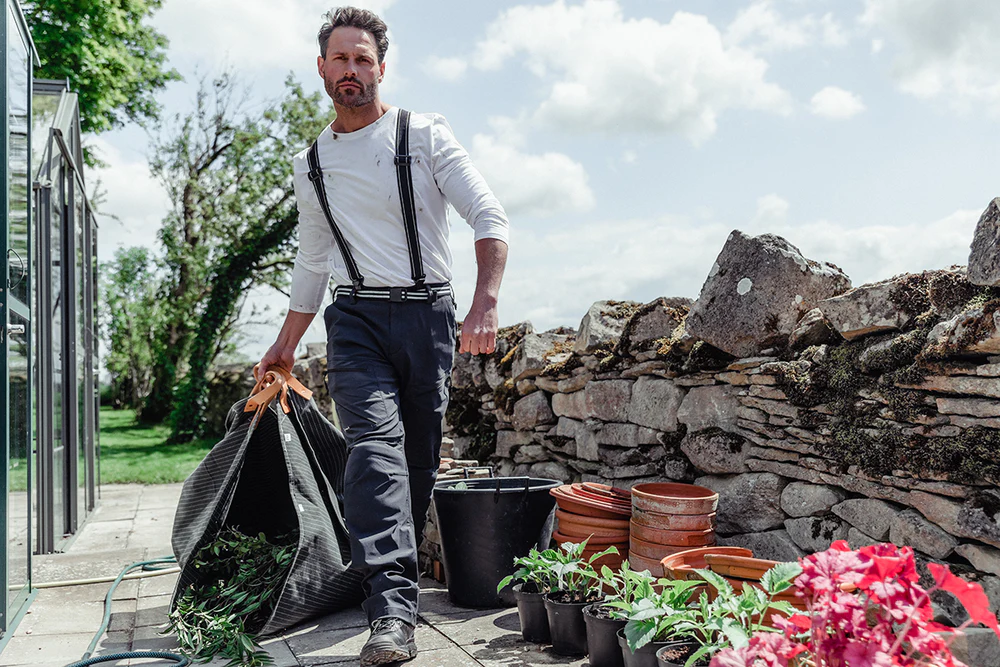Monet's garden at Giverny

Monet’s garden appears to have become the latest battlefield of Anglo-Franco discord. An interesting article in the Sunday Times described the challenge faced by the Head Gardener at Giverny.
James Priest was born in Liverpool and trained at the Royal Botanic Gardens in Kew. For the last thirty years he has been living in France and working at some prestigious French properties, including the estate of the Baron de Rothschild, before being headhunted by Giverny.
His vision is to return the garden to the way it looked when it inspired Monet’s paintings.
After Monet died, the garden fell into disrepair and was abandoned. It was restored and reopened in 1980 and, since then, has been attracting more than half a million visitors a year.
James’s problem is that the gardeners who have worked at Giverny since 1980 don’t want change, especially if it is initiated by someone from abroad. These gardeners are local people who have learnt their skills on the job, but Priest reckons they haven’t been taught much. He is struggling to get them to understand the value of succession planting, and of getting the garden to look exciting and appealing for twelve months of the year.
It is interesting to consider how resistance to change and notions of “Not Invented Here” is enacted not only in the offices of the corporate world, or the shop floor, but also under the archways, through the iris avenues, and in the water garden of Monet’s garden.
I wonder if change management and the management of people are included in the curriculum of the Kew Diploma?











